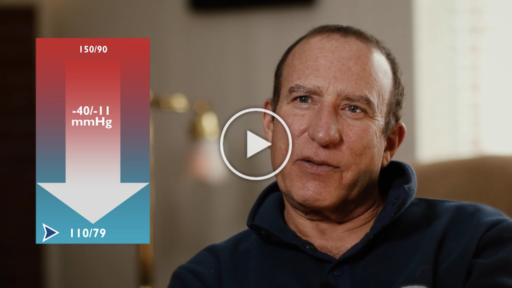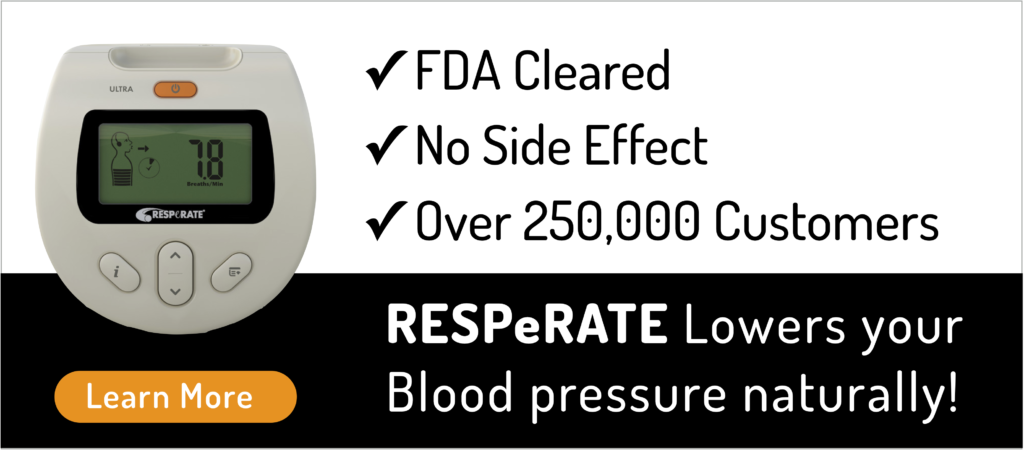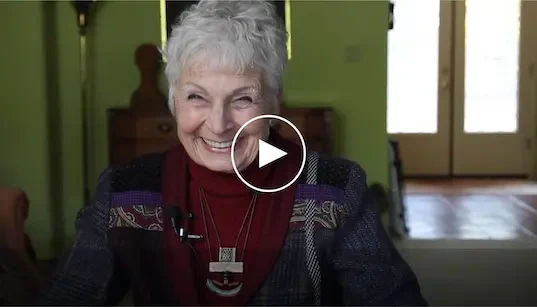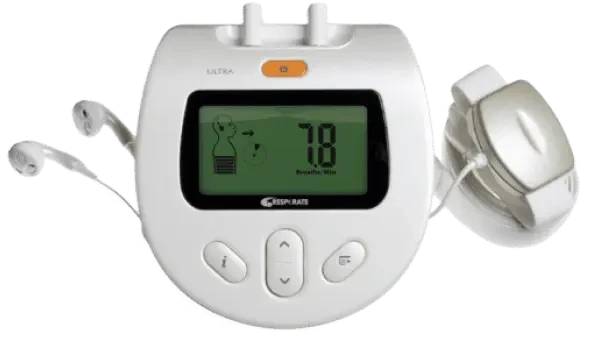High Blood Pressure And Stroke
Stroke is a leading cause of death and severe, long-term disability. Most people who’ve had their first stroke also had high blood pressure (HBP or hypertension).
High blood pressure damages arteries throughout the body, creating conditions where they can burst or clog more easily. Weakened arteries in the brain, resulting from high blood pressure, put you at a much higher risk for stroke — which is why managing high blood pressure is critical to reducing your chance of having a stroke.
High blood pressure is the biggest culprit behind strokes, causing more than half of them.
Experts say 80% of strokes can be prevented. The single best way to do that is to get your blood pressure in the healthy range. That means lower than 120/80.
Healthy arteries are flexible, strong and elastic. Their inner lining is smooth so that blood flows freely, supplying vital organs and tissues with nutrients and oxygen. Hypertension gradually increases the pressure of blood flowing through your arteries. As a result, you might experience damage to your brain by way of a stroke.
High blood pressure is a huge factor, doubling or even quadrupling your stroke risk if it is not controlled. “High blood pressure is the biggest contributor to the risk of stroke in both men and women,” Dr. Rost says.
“Monitoring blood pressure and, if it is elevated, treating it, is probably the biggest difference people can make to their vascular health.” So lowering your blood pressure is the number one way you can avoid having a stroke.
My grandmother had high blood pressure that was poorly controlled. The result was that at 75 she had a massive stroke. She ended up having to live in a nursing care facility because my grandfather was unable to care for her. I share this with you because this was a result of high blood pressure. Having high blood pressure is serious. It is called the “Silent Killer” for a very good reason.
What Are The Risk Factor For High Blood Pressure?
A number of factors and variables can put you at a greater risk of developing high blood pressure (HBP or hypertension). Understanding these risk factors can help you be more aware of how likely you are to develop high blood pressure.
Common hereditary and physical risk factors for high blood pressure include:
Family history. If your parents or other close blood relatives have high blood pressure, there’s an increased chance that you’ll get it, too.
Age. The older you are, the more likely you are to get high blood pressure. As we age, our blood vessels gradually lose some of their elastic quality, which can contribute to increased blood pressure. However, children can also develop high blood pressure. Learn more about children and high blood pressure.
Gender. Until age 64, men are more likely to get high blood pressure than women are. At 65 and older, women are more likely to get high blood pressure. Learn more about women and high blood pressure.
Ethnicity. African-Americans tend to develop high blood pressure more often than people of any other racial background in the United States. It also tends to be more severe in African Americans, and some medications are less effective in treating HBP in blacks. Learn more about African-Americans and high blood pressure.
Chronic kidney disease. (CKD) HBP may occur as a result of kidney disease. And, having HBP may also cause further kidney damage.
Risk Factors You Can Modify
These are the risk factors you can change to help prevent and manage high blood pressure, including:
Lack of physical activity: Not getting enough physical activity as part of your lifestyle increases your risk of getting high blood pressure. Physical activity is great for your heart and circulatory system in general, and blood pressure is no exception. Learn more about getting regular physical activity.
An unhealthy diet, especially one high in sodium: Good nutrition from a variety of sources is critical for your health. A diet that is too high in salt consumption, as well as calories, saturated and trans fat and sugar, carries an additional risk of high blood pressure.
On the other hand, making healthy food choices can actually help lower blood pressure. Learn more about improving your diet.
Being overweight or obese: Carrying too much weight puts an extra strain on your heart and circulatory system that can cause serious health problems. It also increases your risk of cardiovascular disease, diabetes, and high blood pressure. Learn more about managing your weight.
Drinking too much alcohol: Regular, heavy use of alcohol can cause many health problems, including heart failure, stroke and an irregular heartbeat (arrhythmia).
It can cause your blood pressure to increase dramatically and can also increase your risk of cancer, obesity, alcoholism, suicide, and accidents. Learn more about alcohol, high blood pressure and the importance of moderation.
Sleep apnea: Obstructive sleep apnea may increase the risk of developing HBP and is common in people with resistant hypertension.
High cholesterol: More than half of people with HBP also have high cholesterol.
Diabetes: Most people with diabetes also develop HBP.
Smoking and tobacco use: Using tobacco can cause your blood pressure to temporarily increase and can contribute to damaged arteries. Secondhand smoke, exposure to other people’s smoke, also increases the risk of heart disease for nonsmokers. Learn more about quitting smoking.
Stress: Stress is not necessarily a bad thing in and of itself. But too much stress may contribute to increased blood pressure. Also, too much stress can encourage behaviors that increase blood pressure, such as poor diet, physical inactivity, and using tobacco or drinking alcohol more than usual.
Socioeconomic status and psychosocial stress can affect access to basic living necessities, medication, healthcare providers, and the ability to adopt healthy lifestyle changes. Learn more about managing your stress.
A Stroke Is Preventable
After considering all the information we can see that a stroke is preventable. With the majority of strokes being caused by high blood pressure, getting high blood pressure under control should be a priority.
I have spoken with many people who think that high blood pressure is “No big deal” but that is further from the truth than we like to admit. High blood pressure is the “Silent Killer” so take it seriously, it may prevent you from having a stroke.

 Eli Ben-Yehuda
Eli Ben-Yehuda 















 Download Brochure
Download Brochure
Comments
3 Replies to “The Number One Reason For Stroke: High Blood Pressure”
I have high Bp n I have had a stroke at 64
Hi Faye, I am sorry to hear that. I hope you did not suffer from residual effects from the stroke. Kindest Regards, Eli.
Actually from what I’m hearing most strokes are ischemic due to blockages or plaque in the carotid arteries so it’s the high cholesterol that’s the culprit. Statins are a key to prevention and BP drugs if needed. My mother had a stroke on BP meds but they overlooked the high cholesterol.